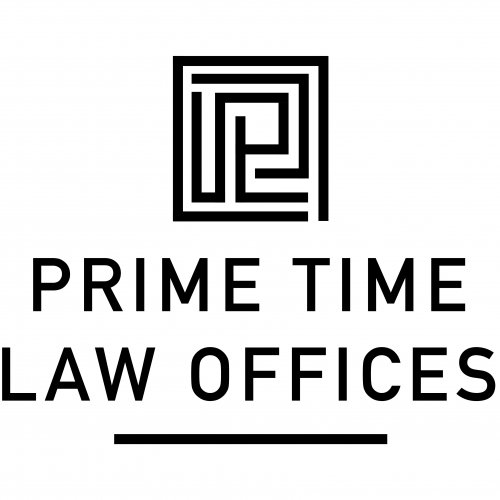Best White Collar Crime Lawyers in Douala
Share your needs with us, get contacted by law firms.
Free. Takes 2 min.
List of the best lawyers in Douala, Cameroon
About White Collar Crime Law in Douala, Cameroon:
White collar crime refers to non-violent criminal offenses that are typically committed by individuals or organizations in business settings. In Douala, Cameroon, this can include a variety of offenses such as fraud, embezzlement, tax evasion, and money laundering. Like in many parts of the world, white collar crimes are not treated lightly and the Cameroonian penal code contains several provisions aimed at punishing these offenses.
Why You May Need a Lawyer:
The complex nature of white collar crime laws often requires legal expertise to navigate. You may need a lawyer if you are facing accusations of white collar crime, looking to report such crime, seeking to recover stolen funds or assets, or if you need guidance on preventive measures for your business. Given the potential for severe penalties, including imprisonment, fines, and asset forfeiture, it is crucial to have competent legal representation.
Local Laws Overview:
The Cameroonian penal code specifies several white collar crime offenses. Fraud, in various forms like credit card fraud or insurance fraud, is criminalized under Section 313. Section 184 criminalizes tax evasion, and both individuals and corporations can be held liable. Embezzlement is also a criminal offense under Section 184, with more severe penalties if the perpetrator is a public servant. Bribery and corruption offenses are specified under Section 134, and the punishment varies depending on the amount involved and the context in which they were committed.
Frequently Asked Questions:
What is considered a white collar crime in Douala, Cameroon?
White collar crimes include fraud, embezzlement, tax evasion, money laundering, and bribery. These crimes typically involve deceit, concealment, or violation of trust, and are not dependent on the application or threat of physical force or violence.
What are the possible penalties for white collar crimes?
The penalties for white collar crimes can be severe and may include imprisonment, fines, and forfeiture of property. The severity of the penalty often depends on the nature of the crime, the extent of the financial loss, and whether the perpetrator is a repeat offender.
Can I go to prison for white collar crimes?
Yes. Despite their non-violent nature, white collar crimes are still considered serious offenses, and individuals convicted of such crimes can face imprisonment.
Does Douala have local laws addressing these crimes specifically?
While there are no laws specific to Douala, the city follows the national penal code of Cameroon which addresses white collar crimes comprehensively.
Can a business be held legally accountable for white collar crimes?
Yes. In Cameroon, corporations can be held legally accountable for white collar crimes, especially if the illegal activities were conducted by individuals at a high level within the organization, or if the organization derived benefit from the illegal activities.
Additional Resources:
The Commission for the Fight against Corruption and the National Financial Investigation Agency are key Cameroonian agencies involved in tackling white collar crime. Internationally, resources such as Transparency International and the World Bank provide additional context and information.
Next Steps:
If you believe you may be involved in a white collar crime case as a defendant or a victim, it's crucial to seek legal advice promptly. Find a lawyer who specializes in the field in order to guide you through the local laws and the legal processes you are likely to face. Remember, retaining a lawyer early in the process can significantly influence the outcome of your case.
Lawzana helps you find the best lawyers and law firms in Douala through a curated and pre-screened list of qualified legal professionals. Our platform offers rankings and detailed profiles of attorneys and law firms, allowing you to compare based on practice areas, including White Collar Crime, experience, and client feedback.
Each profile includes a description of the firm's areas of practice, client reviews, team members and partners, year of establishment, spoken languages, office locations, contact information, social media presence, and any published articles or resources. Most firms on our platform speak English and are experienced in both local and international legal matters.
Get a quote from top-rated law firms in Douala, Cameroon — quickly, securely, and without unnecessary hassle.
Disclaimer:
The information provided on this page is for general informational purposes only and does not constitute legal advice. While we strive to ensure the accuracy and relevance of the content, legal information may change over time, and interpretations of the law can vary. You should always consult with a qualified legal professional for advice specific to your situation.
We disclaim all liability for actions taken or not taken based on the content of this page. If you believe any information is incorrect or outdated, please contact us, and we will review and update it where appropriate.








